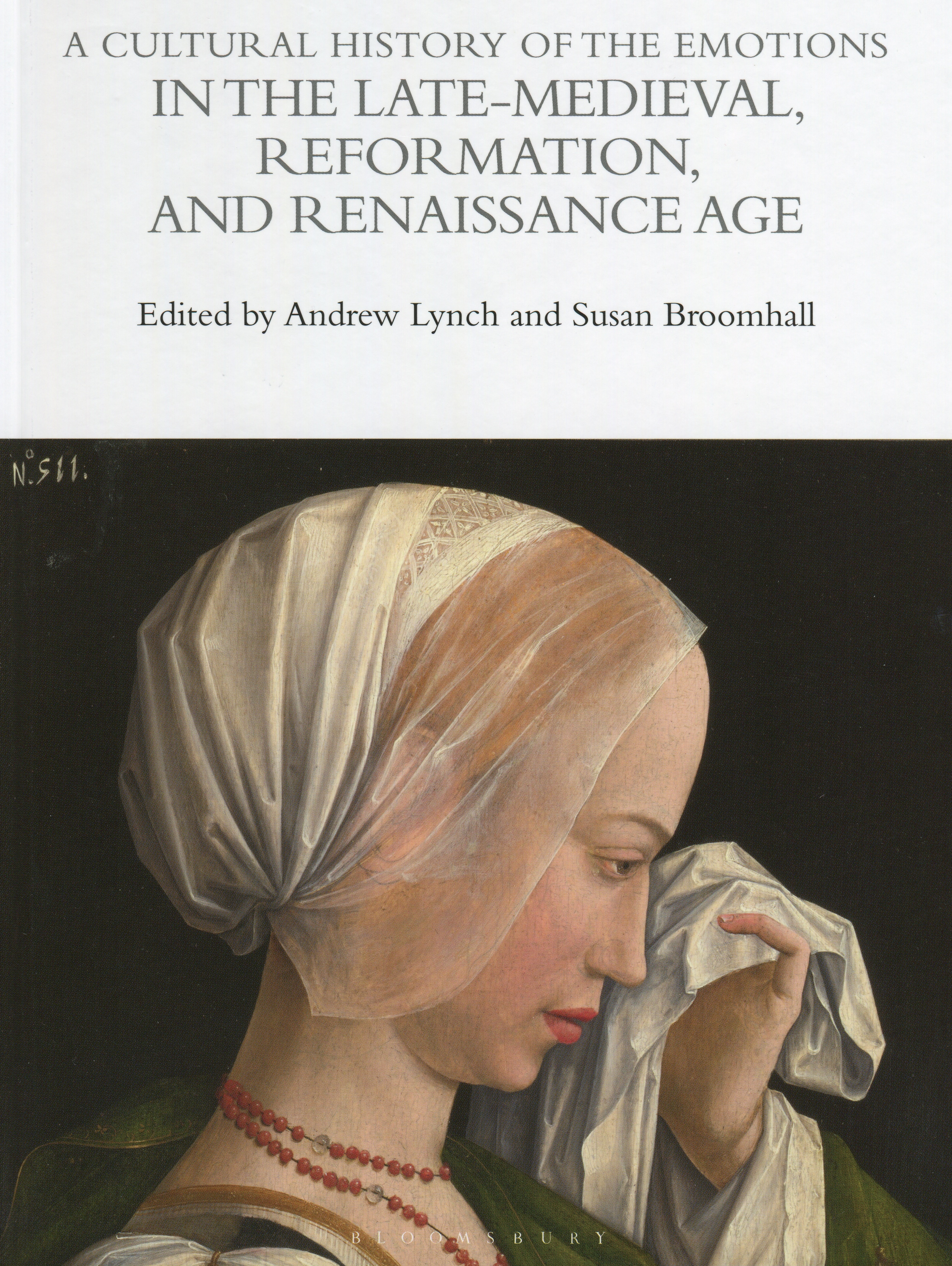 Denis Collins has co-authored a chapter published in the Blomsbury Cultural History of Emotions. The chapter “Music and Dance” appears in volume 3 of this six-voume set. Denis co-authored this chapter with Dr Jennifer Nevile, School of Arts and Media, University of New South Wales.
Denis Collins has co-authored a chapter published in the Blomsbury Cultural History of Emotions. The chapter “Music and Dance” appears in volume 3 of this six-voume set. Denis co-authored this chapter with Dr Jennifer Nevile, School of Arts and Media, University of New South Wales.
Support for Denis’s research on this topic came from his role as an Associate Investigator at the Centre of Excellence for the History fo Emotions in Europe, 1100-1800. The General Editors for the Bloomsbury volumes have all been senior members or directors of this Centre, while authors of individual chapters come from Australian and international universities.
In their chapter, Denis and Jennifer deal with the period from 1300 to 1600 and they argue how music and dance were both widely regarded as capable of moving and changing the emotions of those who watched, performed or listened to these art forms.
Although emotions are a critical aspect of many different topics in musicological research, Denis points out that the emotional dimensions of these topics have not yet received dedicated attention. How individuals or the larger communities in which they lived responded to different emotions at different points of time has only slowly been taken up as a question in its own right.
The work of the Centre for the History of Emotions has provided great impetus for musicians to investigate how emotions operated across topics as diverse as mode, instrument, identity or musical training. While an Associate Investigator at the Centre, Denis ensured that early music was represented at many of the Centre’s activities, from conferences and specialized symposia on emotions research to Continuing Professional Development seminars and performances at different Centre events.
Collins, D. and J. Nevile. 2019. “Music and Dance.” In A Cultural History of the Emotions in the Late Medieval, Reformation and Renaissance Age. Edited by Andrew Lynch and Susan Broomhall. A Cultural History of the Emotions vol. 3. London: Bloomsbury Publishing, pp. 49–67.


